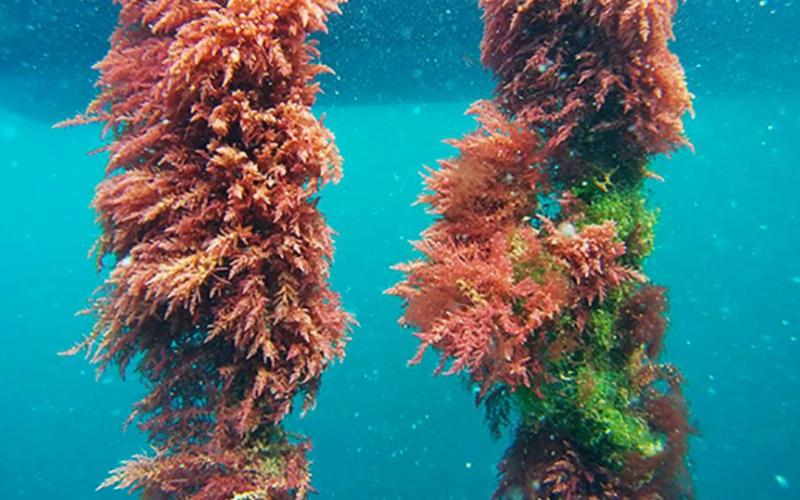An Australian Farm Bets on Seaweed to Limit Cattle Methane and Combat Climate Change
Source: dairynews.today
An Australian seaweed farm in Tasmania focuses on Asparagopsis cultivation to reduce cattle methane emissions and fight climate change.

In Triabunna, on Tasmania's island, a sprawling 1,800-hectare farm has specialized in cultivating Asparagopsis, a seaweed known to significantly reduce methane output from livestock, aiding climate change efforts. Over 40 scientific studies highlight its benefits, according to researcher Fran Cowley.
This red seaweed, native to Tasmania's coasts, can cut methane from cattle's digestion by 95%, without affecting meat or milk quality, as explained by Cowley. Sam Elsom, head of Sea Forest, started this project in 2019 to push sustainable farming without extra cost. Despite the seaweed's efficacy, Cowley notes, "Regulations currently offer no incentives for reducing methane emissions." Still, optimism prevails for future advancements in the field.
This red seaweed, native to Tasmania's coasts, can cut methane from cattle's digestion by 95%, without affecting meat or milk quality, as explained by Cowley. Sam Elsom, head of Sea Forest, started this project in 2019 to push sustainable farming without extra cost. Despite the seaweed's efficacy, Cowley notes, "Regulations currently offer no incentives for reducing methane emissions." Still, optimism prevails for future advancements in the field.
Key News of the Week










